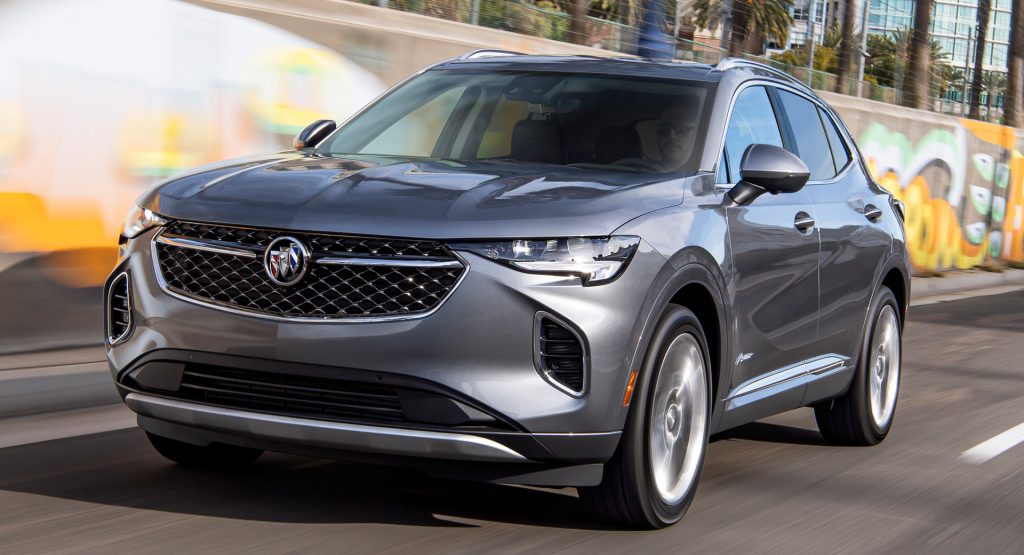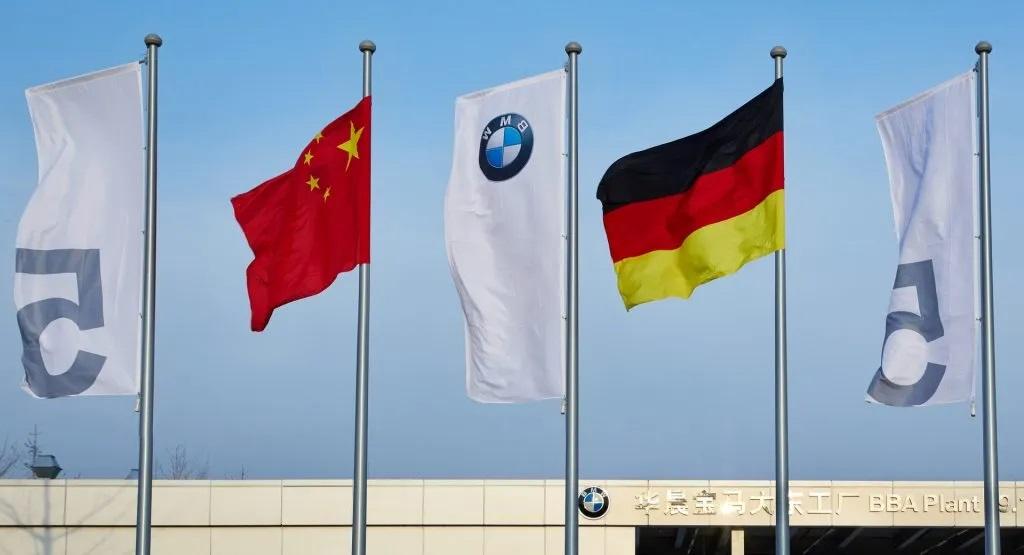The Inflation Reduction Act is putting the emphasis back on locally-built cars, but does the country of origin matter to you?
Do you know where your car is built? If you were buying a car in North America 70 years ago you could be fairly sure that whatever vehicle you took home had been built on the same continent. There were hardly any imported cars (just 21,000 came to the U.S. in 1950 according to Trade Risk Guaranty), and even in the 1970s when imports became more commonplace after the first oil crisis, you might reasonably presume that a car was born where the brand’s HQ was located.
It’s not so simple these days. The North American market is a lucrative one, and many Asian and European marques have factories inside the U.S. and Canada. In modern times that might come down simply to efficiency, but back in the 1980s, when the Japanese government bowed to pressure from the U.S. to limit car exports to the U.S. to help America’s ailing automotive industry, it was essential. Honda, Nissan and Toyota all established manufacturing operations inside the U.S. in the early 1980s to side-step what they saw as unfair restrictions.
And then there are cars that are built in multiple locations. In the case of cars like the Tesla Модель Y, U.S. customers get U.S.-built cars and Chinese buyers get China-built cars, but back in the late ‘00s when Porsche was building some Boxsters in its own German factory, and subcontracting production of others to Valmet in Finland, your average buyer had no idea where the car had been put together.
Related: New Bill Would End Tax Credits For EVs That Don’t Meet Аккумулятор And Mineral Qualifications

But presuming you can actually navigate that minefield and pin down where your car is made, do you even care? Is it ever a factor in your buying decision? Some of us like the idea that by buying local we’re supporting our fellow countrymen (a philosophy underpinning changes to the EV tax credit system). Some might like the idea of specifically not buying from a certain country, such as China, because we don’t want to boost that country’s economy (also a factor in the tax credit changes), or we rightly or wrongly believe that the build quality won’t be as good as on a car built elsewhere in the world.
Some might even prefer to buy from certain countries, for example, Germany, for the opposite reasons. And many of you won’t let any of that get in the way of buying what you believe is the best value/fastest/coolest car. So does a car’s country of origin matter to you? Leave a comment and let us know your thoughts.

